Access the course community above. This is our place for communication, sharing, discussion and knowledge building.

About this course
Philosophy is the subject that specializes in exploring fundamental questions about the world and our place in it. For example: What is reality? What does it mean for me to ‘know’ something? What is reasoning? What is a Mind? Does God exist? How should I live, and who should decide? Philosophical discussion draws on imaginative speculation, scientific evidence, sustained reflection on lived experience, and the different histories, cultural perspectives and texts that shape current thought.
Ethics is essentially the exploration of right and wrong through the use of various ethical frameworks. This course aims to examine significant ethical issues that we face in the world today, to discuss them and to use an ethical lens to allow for some objective analysis. The students themselves determine the main issue we explore, although issues that work well include abortion, euthanasia, the death penalty, and many others.
Requirements
Philosophy cannot be done ‘solo’. In a philosophy course the participating students become a community with a shared interest in exploring and discussing ‘big’ questions. Anyone wanting to take this course will need to fully participate in ongoing online discussion, whether through social media type platforms or in the video conference. Discussion is a fundamental part of the course.
NCEA
This is a multi-level course in which all students learn together. Students will be assessed at either L2 or L3 depending on what best meets their needs. The following religious studies standard is used to assess this course.
90826 Analyse the response of a religious tradition to a contemporary ethical issue
Module One: Introductions
As has been mentioned before this is a discussion based course that also places a high value on curiosity, exploration and team-work. In such an environment it is vital that everyone feels they can trust each other, are comfortable expressing themselves without judgement by others and are willing to work with, and off others. The following two weeks are designed to build a feeling of community
Work through the following tasks (generally in order of priority)
-
- Ensure you have completed the Student Induction and Profile on the NetNZ website
- Introduce yourself by posting under the “General Discussion” category in the Philosophy Community. Make sure you provide enough information so others can ask questions. Share your interests, but also why you have taken the course / what you hope to get out of it. Add a photo that provides some insight into who you are and/or your interests. See if you can find something that provokes a bit of thinking and asks us to look beyond the obvious. Tell us what courses you are taking this year.
- Your profile: Ensure you add a photo to your google account profile (whether you or not). It gives you more “presence” online. This is important.
- Conversation: Ask at least TWO other students’ questions based on information they have provided in their Introductory post. Do this by “commenting” on the post. See if you can strike up conversations on areas of interest. Comment on the photo – can you work out what it says – look beyond the obvious
- Discussion: Why should we study Philosophy? Respond the post I make on this question with some ideas. See it as an ongoing discussion where we are working together to develop an understanding of why. When someone posts look to ‘build’ on what they say, especially if it contains similar ideas to your own. What can you add to what someone else says – how can you improve a really good idea or thought they have shared? Start with your own ideas, then see what you can find elsewhere.
- Timetable: So everyone knows when everyone else will be online. Fill in this google doc with the times you have this course. I know this won’t match perfectly, but do your best
- Where are we Map: Add where your town / city to the Community Google Map. Can you work out how to do it?
- Two Lies and a Truth: Make a post listing three interesting things about yourself. (I own two iguanas; I once shook hands with Tom Cruise; and I love to waterski.) Two must be lies and one must be true. Other class members must vote to determine which interesting thing is the truth. The participant with the most incorrect votes wins.
- Reading List: Make a post sharing your favourite and most recent reading. Add the books as a series of photos. Read other students’ posts and make comment, develop some discussion. I recommend using the “Online Cafe” category which i have added as a place for off topic chat.
Module Two: Ethical Issues Discussion

| Objective: To explore key ethical questions through discussion / To learn to engage in online discussion effectively | Time: Two Weeks |
| Ethics Discussion |
The next one to two weeks is entirely focused on discussion. I will post the following ‘big’ questions into the community as separate posts (more will follow). Each of you then participates in each of them in whatever order or whatever time you want. The key is participation across the board. It will also serve as a useful period for determining what ethical issues we will explore in more depth.
THE QUESTIONS
- How do we come to know what is right and wrong?
- Should euthanasia be legalised?
- Can civil disobedience be justified?
- Is abortion murder?
- Can the death penalty be justified?
- Is television, movies and video gaming inherently dangerous? (Read Oak’s post on this in the community)
- Is parenthood a right for everyone?
Also look to suggest new ethical issues by posting them in the community.
GUIDANCE
- Don’t make your post too long. An initial paragraph of between 5-10 lines is more than enough.
- Think about your answer and re-read it before you click “submit”
- Be considerate of other people’s views. You don’t have to agree with them, but be constructive
- Participation is the key to success and enjoyment
- Don’t worry what other thinks of your views
- Don’t write a post to impress everyone with your astounding intellect. Make it real.
- Look to ‘build’ on other student’s posts, especially if you agree with a point they have made
- Share you views but also, look to highlight interesting points others have made. Can you take their point further? Or ask a question? Play devil’s advocate?
- The key to the success of any discussion is actually interacting, making comment on what other’s have said – not just sharing your views in isolation
HAVE FUN WITH THIS EVERYONE. WHEN ELSE HAVE YOU HAD THE OPPORTUNITY TO SPEND THIS AMOUNT OF TIME JUST DISCUSSING THINGS. PARTICIPATE. YOU WILL GET A NUDGE FROM ME IF YOU ARE A LITTLE QUIET
Module Three: Explore an Issue
| Objective: To explore, analyse and draw conclusions on contemporary ethical issues | Time: 6-7 weeks |
| Ethics Issues Overview |
Over the next 6-7 weeks we will be working on our final study for the year – an exploration and examination of two contemporary ethical issues as defined by the student group. A process of exploration, examination, and analysis will take place with each issue, leading the group to draw evaluative conclusions.
Explore
The first part of the process is to explore the issue
- A case study of each issue will be posted in the community
- Everyone needs to have an in depth understanding of the case study and issue. In order to build this picture all students need to research each case study / issue and contribute useful information, ideas and perspectives as comments in each relevant post. This may later develop as a google doc or as three separate categories in the community. The group needs to examine various perspectives on the case study and issue. This must include religious perspectives (important for assessment purposes). Once again, students will need to research and share the perspectives they find so a common database of knowledge is being built up.
- Various responses to the case study and issue will also need to be researched and shared by each student. Once again responses of a religion or those who hold religious belief will need to be thoroughly explained.
We will need a central place for everyone to contribute their research, ideas, perspectives etc. so we build a shared picture. This will allow everyone to have a thorough understanding of the cases studies / issues and aid in the next step – Philosophical Analysis. What we use for this central place will need to be discussed. Some students don’t want to use padlet anymore. Mention has been made of using google docs and/or the community. A combination of both may work.
Part Two: Philosophical Analysis
The study of ethics in philosophy is not about discussing issues based on pre-existing ideas. It is about exploring these issues using philosophical theories and frameworks to guide us, which in turn allows us to bring objectivity to the situation. This then, means we can draw informed evaluative conclusions based on our analysis. This is the other major part of the study over the next few weeks. In order to do this we will need to do the following
- Research, read and share theories / frameworks that are applicable
- Run a series of online discussion (both in the community and online) that allow the issue to be analysed using these various frameworks. We will need to use the three main branches of ethics – metaethics, normative ethics and applied ethics. The first allows us to explore how the various viewpoints and beliefs were formed, the second the standards for right and wrong, and the latter to draw conclusions on the contemporary issues we are exploring. Each student will need to contribute to these ongoing discussions using frameworks that apply.
- These discussions will be largely evaluative and drive conversation towards an overall conclusion
- Draw individual conclusions. Draw these together as a group
Assessment
We use Religious Studies Standard 90826 “Analyse the response of a religious tradition to a contemporary ethical issue” (6 credits).
Students will be assessed on:
- Considering an issue in detail and breaking it down into its essential features. We will build a common picture of each case study and issue, through ongoing description contribution from each student to a common area (Google Community and Google for example). We need a full and in depth account and each student will be assessed on their individual contribution to that.
- Consider in detail the response of a religious tradition to an issue and break it down into its essential features. As above but each student is assessed on their individual contribution to developing an understanding of religious viewpoints and reponses
- Discuss the ethical principles of the response of the religious tradition to the issue.
- Draw conclusions about the response of the religious tradition to the issue supported by a wide range of evidence (for excellence it needs to address the wider implications)
- Critically evaluate the response of the religious tradition
All three are assessed through the discussions that are set up to explore why these views are held. Which is where students will be using ethical theories and frameworks to analyse views and beliefs.
THERE IS NO SYNTHESIS OR INDIVIDUAL TASK ON TOP OF THIS. EVERYONE IS ASSESSED BASED ON THEIR CONTRIBUTION


